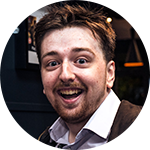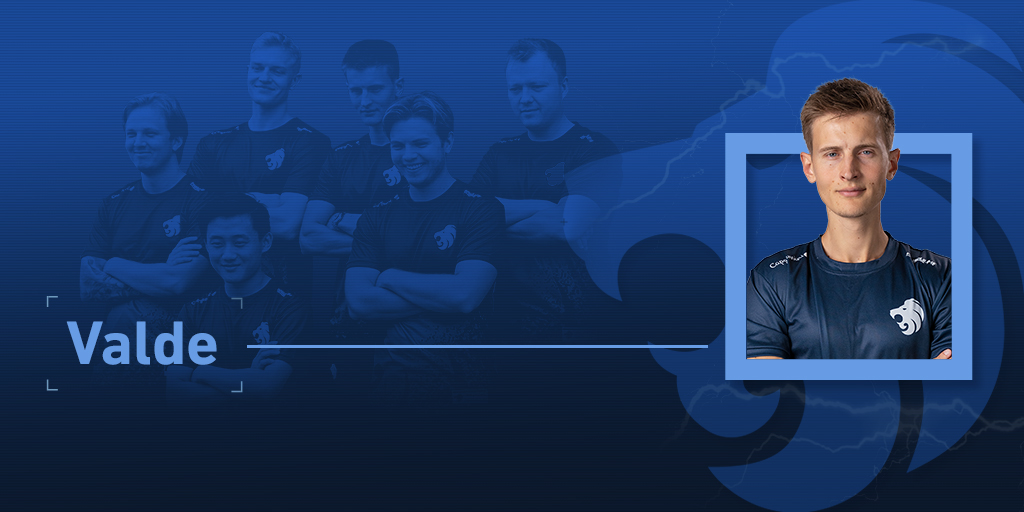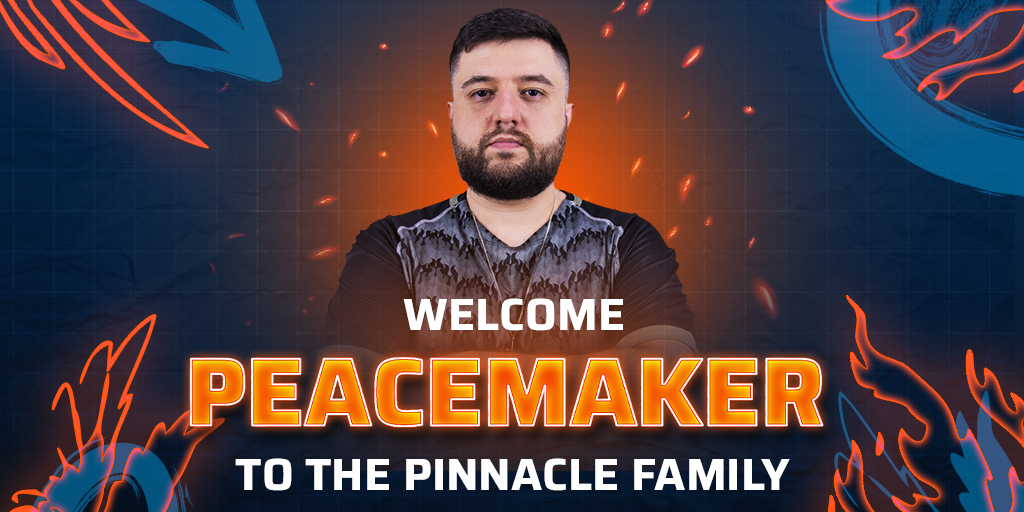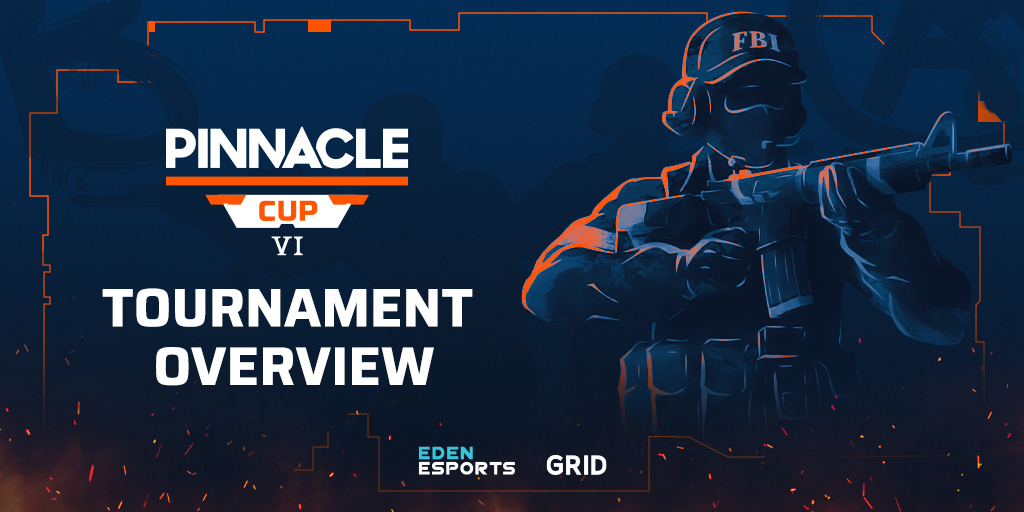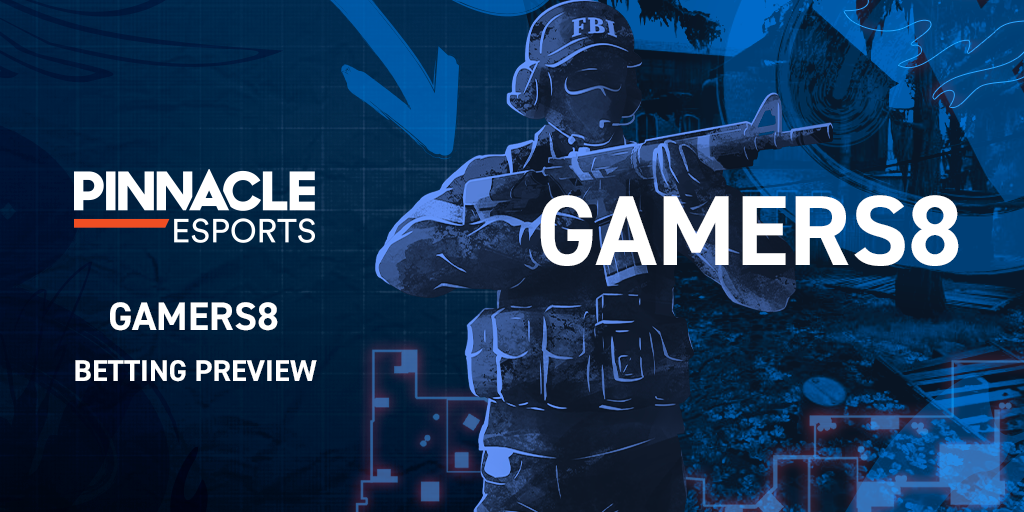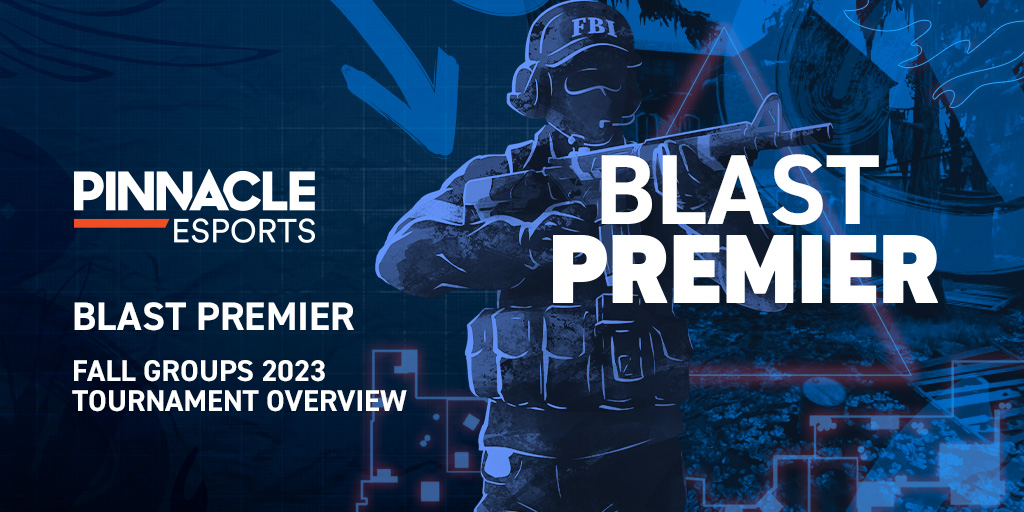How has your transition to becoming an IGL fared so far?
So far it's been good. Very challenging at times, but I never expected anything less. It's a tough role that can be very unforgiving at this level but that is something you just have to live with.
How would you best describe your style of leading?
I would say it's very diverse. I try not to rely on the same few things, because otherwise opponents are going to have an easy time reading our game and that's something you cannot afford when going up against the best teams in the world. Some of the other guys might say it's very strict - not in a tactical sense, but in the sense that I know what I want from the guys and since winning is everything to me, things can sometimes get a little heated when we're not winning but that's how it is on the elite level, whether it's traditional sports or esports. At the end of the day, we are all working towards the same goal and people are different and have different emotions and reactions.
Success is a very subjective thing that varies from person to person and you have to put it into context if it is to have meaning.
What would you say are your main influences in how you’ve engaged with the role so far?
I don't really have anything in particular. I try to learn everywhere I can and from everyone I can so I'm always watching a lot of other matches to see what other teams are doing and how other in-game leaders are running their teams.
What does a championship winning team look like to you, how does it function?
I don't think there is a certain recipe to a championship winning team. Many different teams with different styles and people have all been championship winning teams, but I think the common denominators are the mind-set going into it and dedication you have. You really have to have a winning mentality and if you're not working harder than anyone else, then you can't just expect to see the trophies rolling into your arms.
- Read our interview with Kjaerbye
Insightful CS:GO Articles
Event previews, strategy articles and all the latest odds
Follow Pinnacle EsportsA while ago, you previously seemed set on a career with the military, how different has following esports been for you since making a switch to competition?
It's not been different at all actually. I always followed esports closely and watched a lot of games, even back when I weren't playing professionally so making the switch to competition didn't really affect my time spent on esports apart from my life itself of course - with all the travelling and such.
And, if any, how much of an impact has that experience had with your play in CS?
I don't really think you can link those two things together. They are very different jobs, so it certainly didn't really impact my play inside the game.
How did you get into playing CS:GO?
As far as I recall it was through a friend of mine who I went to school with. He told me that a new version of CS had come out and that I had to try it. So I did, and I guess I never looked back since.
I'm always watching a lot of other matches to see what other teams are doing and how other in-game leaders are running their teams.
When did you transition into becoming a competitive player?
It was around 2015 when I got an offer to play with Copenhagen Wolves. It was one of the biggest moments of my life, because I knew I was on the path towards something great and from there everything just flew by. We did well in the online season and then towards the summer the team got split up because the organization shut down. After that, I was one of the founding members of Heroic and then, I guess, the rest is history.
Who was the first player that gave you confidence to start competing?
There wasn't anyone in particular. I think you looked up to everyone on the professional scene and just wanted to become part of it, so it was more a general thing for me rather than one player specifically.
- Read the StarLadder Berlin Major 2019 Preview
In your eyes what is success and what is failure?
To me, success is not equal to winning. Success is a very subjective thing that varies from person to person and you have to put it into context if it is to have meaning. Let's say you play on the 50th best team in the world and you manage to place top 8 at a big tournament, where as the best team in the world places top 4. In this example, the latter team objectively came further in the tournament and got a higher placing, but given the circumstances and the context of the placements, I would argue that the top 8 placement is more successful than the top 4 one. So success is always subjective and needs context if you want to use it as a metric.
The same thing goes for failure. Success is not final and failure is not fatal.
Knowing what you know now, what advice would you give your 18-year old self?
I think I would tell myself to be better at viewing things in the bigger picture sometimes. When you are young, things are very black and white and that can be a good thing because it drives you and impacts your decision making but it can also lead you to jump to a conclusion and making certain decisions too fast.
You can follow valde on Twitter, @Officialvalde.
